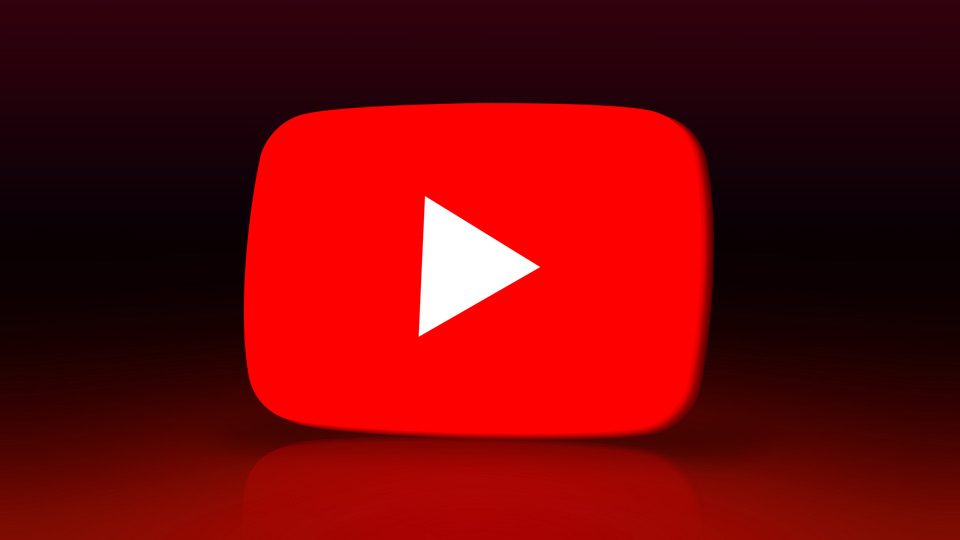
YouTube will require fan accounts to make their distinction from official artist channels ‘obvious’
Fan channels and accounts dedicated to actors, singers, celebrities, and inspirational personalities are not an uncommon sight on YouTube. However, with genuine fan accounts come those that impersonate the original personalities, which opens up a wider avenue of impersonation, which can lead to misinformation and chaos. Alphabet’s YouTube has noticed this, and now, the video-sharing platform is introducing its next policy update, specifically targeting these impersonating accounts.
With its changes to its guidelines on impersonation, YouTube will require fan channels to “make it obvious” in their channel name or handle that they do not represent the company or artist that their account focuses on, and that they are fan channels. This is a departure from YouTube’s prior policies on the matter, which did not account specifically for fan accounts and announced that channels that impersonated other channels or personalities would find themselves deleted from the platform.
The new impersonation policy goes into effect on August 21, 2023, after which channels that claim to be fan accounts, but pose as another’s and reupload their content will not be allowed on the platform. Similarly, channels bearing the same name and avatar or banner as another channel, with differences that are miniscule and often-unidentifiable at first glance, will not be allowed as well. To add to this, users cannot set up channels using the name and image of personalities, and then interact with other channels as if they were posted by the personalities themselves.
This is especially true for several well-known influencers and content creators on the video-sharing platform, and YouTube’s new impersonation policy is designed to address potential confusion between fan accounts and official accounts representing companies or artists. “Starting today, to further protect Creators from impersonation and help viewers better identify content from fan channels, we’re requiring fan channels to explicitly state so in their channel name or handle,” Ivy Choi, a spokesperson for YouTube, commented on the matter.
With greater transparency in the YouTube community, the updates to its impersonation policies can help prevent misunderstandings and ensure that viewers are aware they are engaging with fan-created content rather than official content. By differentiating between official and fan accounts, YouTube aims to mitigate the spread of misinformation or false claims that could be associated with impersonating official entities or individuals.
From the looks of it, the policy aims to ensure transparency and clarity for viewers by requiring fan account creators to explicitly state that their channels are not affiliated with or endorsed by the entity or individual they focus on. By making it obvious in their channel name or handle that they are not official representatives, fan account creators are expected to provide viewers with the necessary context to distinguish between unofficial fan content and official content.
“This update will help genuine fan channels know exactly how you can celebrate your favorite creators, while also protecting original creators from content and channels that are impersonating them,” the company wrote. “This update should also ensure that viewers won’t be misled by the channels they interact with and follow, and creators won’t have their name and likeness used for malicious purposes.”


